The Psychological Itch That Antique Collecting Scratches
If you collect then you might resemble these remarks.
For many of us there is nothing quite like the thrill of opening an old trunk to see what’s inside or pulling up to a new flea market. The thrill of the hunt and the waves of curiosity are irresistible for those of us who collect vintage and antique items. But, have you ever stopped to wonder what it is exactly about buying (or finding) antiques that gets you going? Well, we did a little research and it turns out there are quite a few psychological motivators at work when we go antiquing.
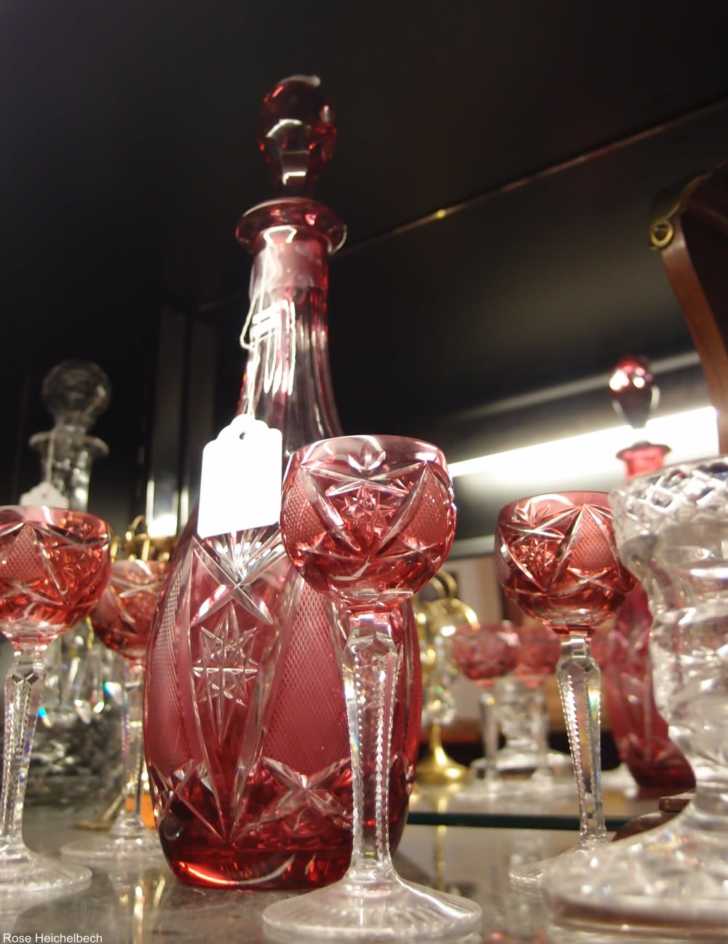
Discovering History
We can read about it all day long, but in the end there is no better way to learn about history than to handle and explore objects from the past. Want to know how much a Civil War era dress weighs? Want to know how important sewing and embroidery was for women? Want to know when certain objects went from being handmade to mass-produced? Examining these types of pieces will clue you into what life was like in a way that simply reading about it probably won’t.

This is not a rush for everyone, but for history lovers there’s nothing quite like coming to these realizations and truly connecting with history in a hands-on kind of way.
They Don’t Make ‘Em Like They Used To
There’s really no substitute for quality. And items from the past have quality in abundance. Beyond the excitement of learning about history, seeing just exactly how well things used to be made can be a bit heart-breaking when we consider how flimsy most things are today. But, if you love quality items then there’s no doubt that antiques and vintage are going to give you more bang for your buck.
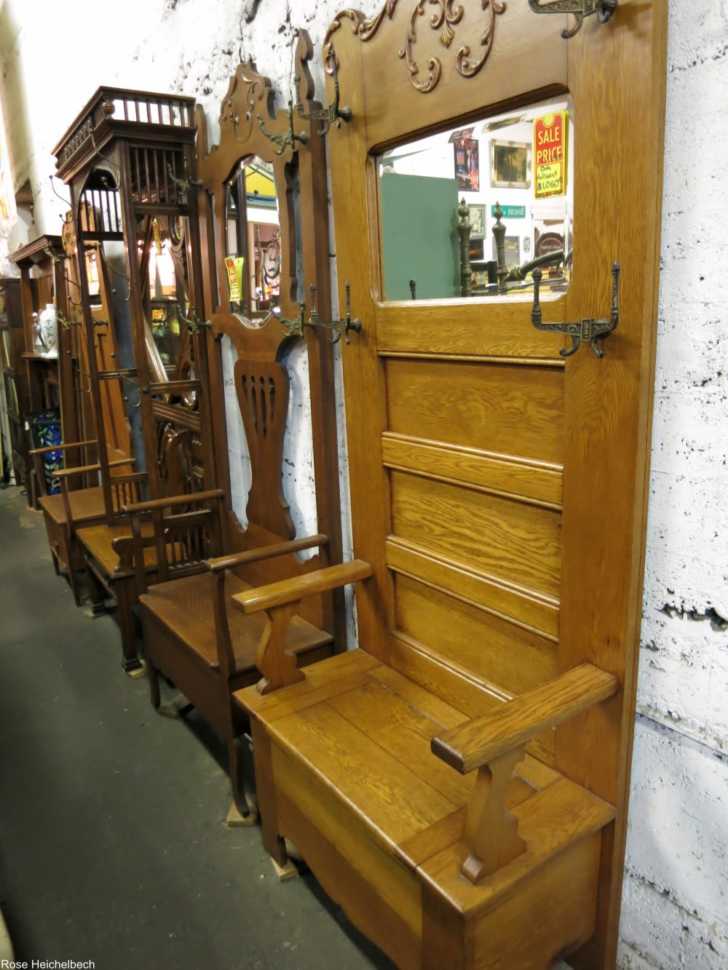
It seems doubtful that any piece of today’s flat-pack furniture will be still going strong in even 100 years, let alone several centuries from now. But, antique lovers always seem to have sturdy, quality pieces in their homes – funny how that works. Some researchers have even speculated that collecting can be an act of resistance against consumer culture, an institution which pushes the consumer to buy and replace items of poor quality on a frequent basis. The collector instead chooses to accumulate (and keep) items that are finely made, rare, or otherwise special.
The Thrill of the Chase
Whether you frequent yards sales, auctions, flea markets, thrift stores, or only true antique stores, there is something in the thrill of the chase at any price point. A great deal on something that holds value for you or the finding of a long-sought item can just really make a collector’s day.
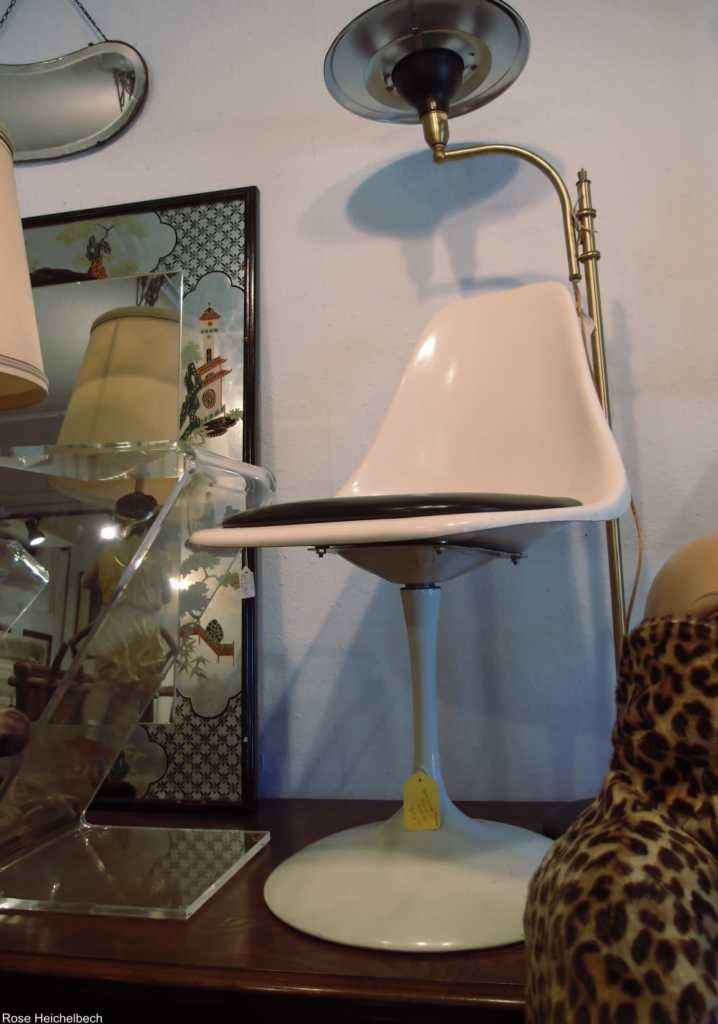
Likewise, it can be such a let down when you don’t find anything good at any the favorite stores. You can’t win ’em all, but when you do there is a psychological euphoria which accompanies the best finds.
Bragging Rights
Along with the genuine enjoyment of hunting down and finding the pieces you love, there is quite a lot to be said for the mental high most collectors get from bragging about a real find. An antique which was priced too low for market value, or was found by the roadside is an obvious score. But, then there are also those less-than-mint pieces which can be repaired easily and are sold for a pittance as “damaged goods.”
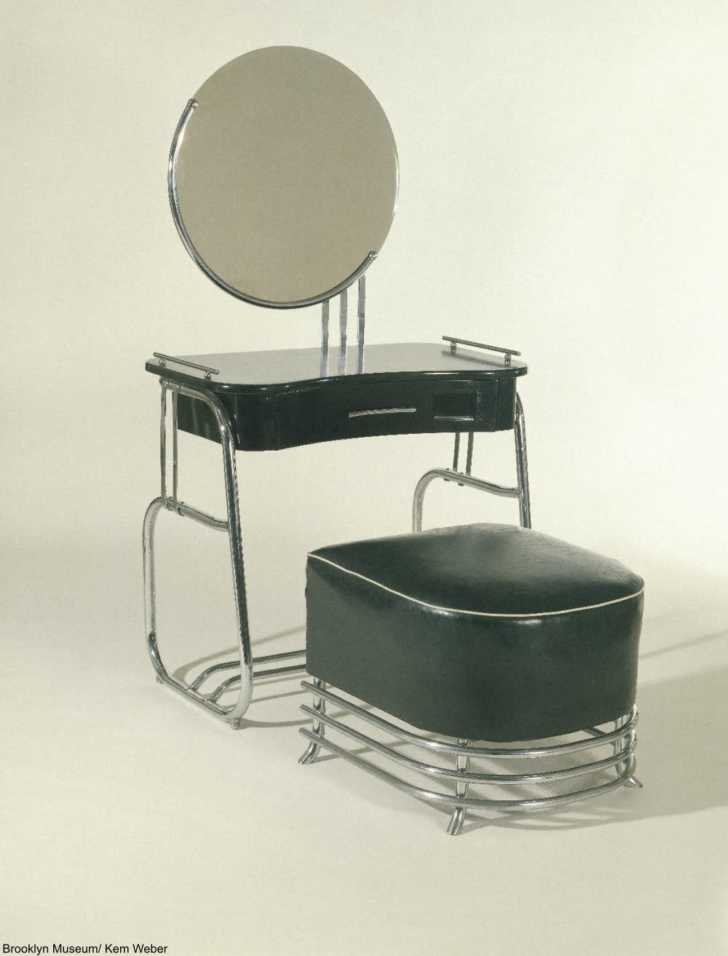
Most of us love bragging to our friends about a find like that. If you’ve ever heard yourself saying “they didn’t know what they had” then you definitely fall into this category of collector. But, there’s no reason not to be proud of bagging a valuable piece at a great price.
Savoring a Collection
The curation, design, and maintenance of a collection comes with a lot of mental rewards. From the the creativity and discipline it takes to build a well-edited collection to the pride one feels each time we dust our little finds, the collection itself holds many joys for most of us.
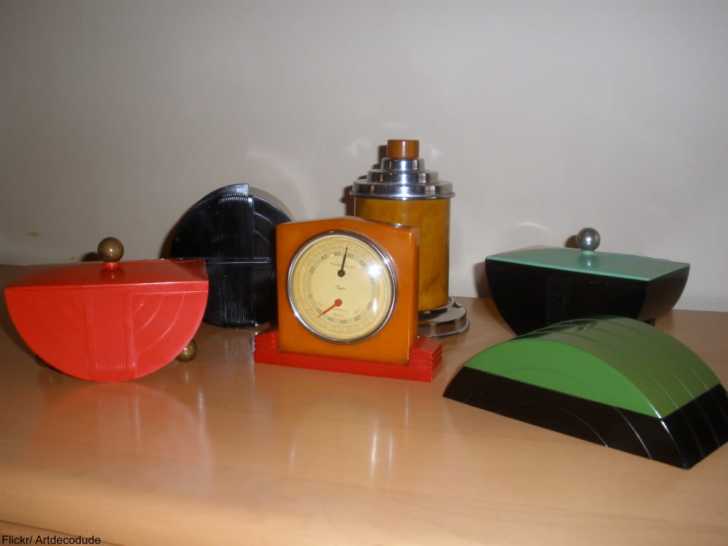
Plus, for many there is a warm feeling of creating a legacy for their descendants based on the fine (and hopefully valuable) collection you’ve built over the years.
SKM: below-content placeholderWhizzco for DOT

